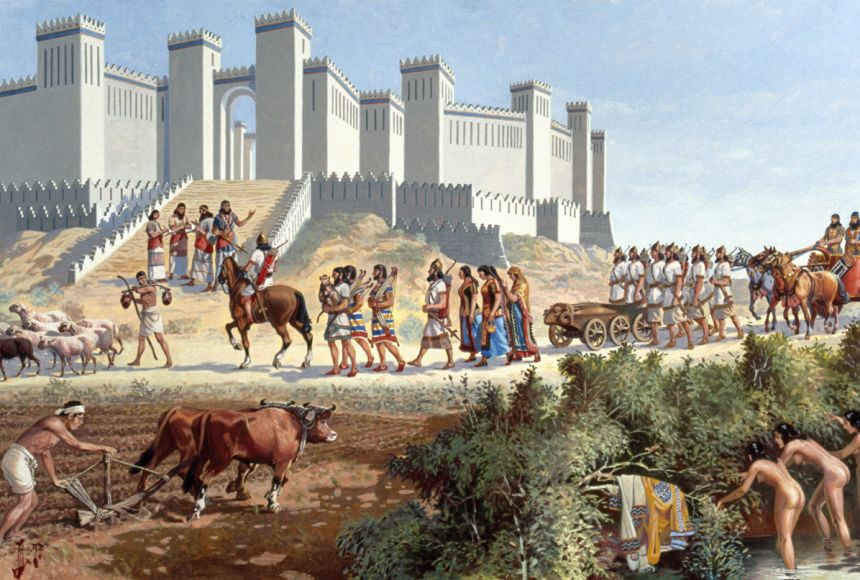The term “Đeman” may seem unfamiliar to many, yet it carries layers of meaning rooted in cultural, linguistic, and even digital spheres. In recent years, it has gained traction in various online communities, folklore discussions, and linguistic circles. Though its spelling may suggest a Slavic or Balkan origin, the word’s interpretation and relevance go far beyond a single region. This article delves deep into the meaning, background, and modern significance of Đeman.
The Etymology and Origin of Đeman
Understanding the origin of Đeman begins with its spelling and pronunciation. The letter “Đ”, used in languages like Serbian, Croatian, and Bosnian, is pronounced like the English “J” in “judge.” So, phonetically, Đeman sounds similar to Jeman or Djeman depending on transliteration.
The word is often believed to be derived from older regional dialects, where it may have originally described a mythological creature, spirit, or even an expression of supernatural force. In some folk traditions, Đeman was associated with mischief, darkness, or demonic entities, akin to the Western concept of a demon. However, modern usage has softened or shifted its meaning depending on the context.
Đeman in Folklore and Mythology
One of the most intriguing aspects of Đeman is its presence in traditional stories and oral folklore. In some Slavic tales, Đeman was said to be a shape-shifter or a forest spirit that could either help or hinder villagers based on how it was treated. These tales often described Đeman as having supernatural powers, and it was believed that certain rituals could summon or appease it.
The role of Đeman in such stories typically resembled a guardian or a trickster. Much like fairies in Celtic mythology or jinn in Middle Eastern stories, the Đeman was neither entirely good nor evil. Instead, it represented the chaotic and unpredictable forces of nature and human behavior.
Đeman in Language and Cultural Expression
As with many mythological terms, Đeman eventually took on metaphorical meanings in everyday speech. In some rural dialects, calling someone a “đeman” could imply they were being sly, clever, or mischievous—not unlike calling someone a “rascal” or “devil” in English.
Additionally, In certain poetic or literary uses, Đeman symbolized internal struggles, temptation, or personal demons. This form of expression highlighted how deeply embedded the concept was in cultural storytelling and character building.in modern music and poetry from the Balkans, references to Đeman have been used to evoke emotion, mystery, or intensity, especially when describing passion or conflict.
Đeman in Modern Digital Culture
Interestingly, Đeman has recently made appearances in online platforms, memes, and internet slang. Often used humorously or ironically, it represents either a parody of evil forces or a stylized username or brand in gaming and digital art communities.
Users may choose names like “ĐemanX” or “TheĐeman” to give off an air of mystery, danger, or dark fantasy. This usage parallels how terms like “Shadow” or “DarkLord” are used in online aliases. In forums or comment threads, calling someone a “đeman” might suggest they’re being playfully sinister or overly dramatic.
The Symbolism Behind Đeman
What gives Đeman its staying power is its adaptability. It is not a fixed archetype but a fluid symbol that represents a range of ideas—from mythical danger to human emotion to modern identity.
-
Darkness and Power: In its mythological context, is tied to fear and the unknown.
-
Rebellion and Individualism: In modern settings, it can symbolize someone who doesn’t follow the rules.
-
Mischief and Wit: In common speech or humor, represents cleverness with a hint of trouble.
This flexibility makes the term appealing across generations and mediums, allowing it to evolve while maintaining its essence.
Comparison with Similar Mythological Concepts
To further understand the uniqueness of , we can compare it with similar entities from other cultures:
-
Demon (Western): Often evil and associated with hell or sin.
-
Jinn (Middle Eastern): Spiritual beings that can be good or bad, often involved in magical affairs.
-
Yokai (Japanese): Supernatural beings with wide-ranging characteristics, from funny to terrifying.
-
Faerie (Celtic): Mystical beings connected to nature and magic, often mischievous.
Unlike many of these, doesn’t fall strictly into one moral category, which reflects a more nuanced worldview—one where good and bad are not always clearly defined.
The Future of Đeman in Popular Culture
With the global blending of cultures and the rise of digital folklore, is likely to continue evolving. Whether as a meme, a brand name, a character in a fantasy series, or a metaphor in a song, can represent multiple facets of the human experience.
There’s also potential for to appear in gaming universes, animation, or literature, especially in stories that tap into Eastern European myths or dark fantasy genres. The unique spelling gives it a visually memorable edge, while its ambiguity adds to its intrigue.
Final Thoughts on the Meaning of Đeman
Đeman is more than just a word—it’s a concept that bridges ancient beliefs and modern creativity. Its origins in folklore lend it historical depth, while its emergence in internet culture shows its continued relevance.
By examining through various lenses—mythological, linguistic, cultural, and digital—we gain insight into how old symbols can find new life. In a world constantly reshaping language and identity, stands as a perfect example of a term that defies singular definition yet remains profoundly expressive.







